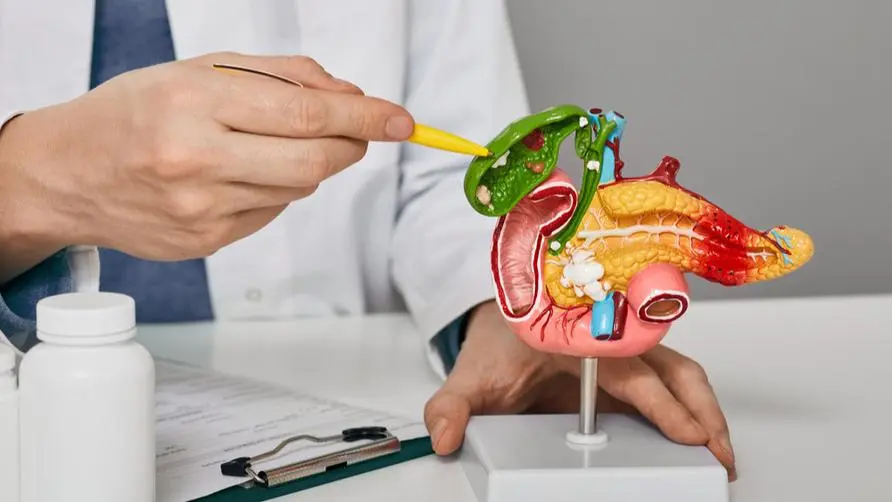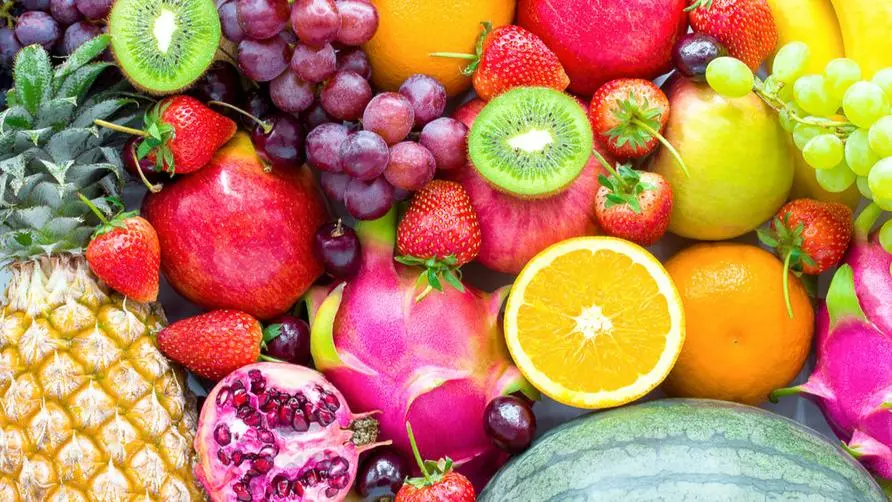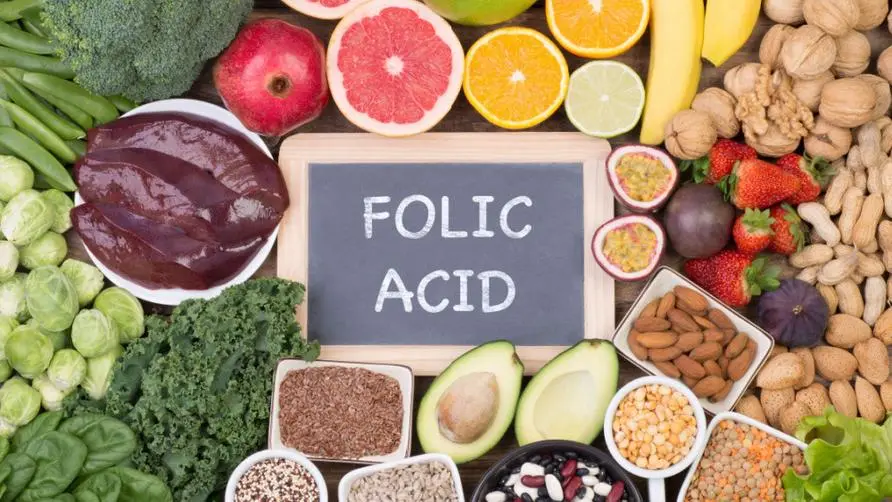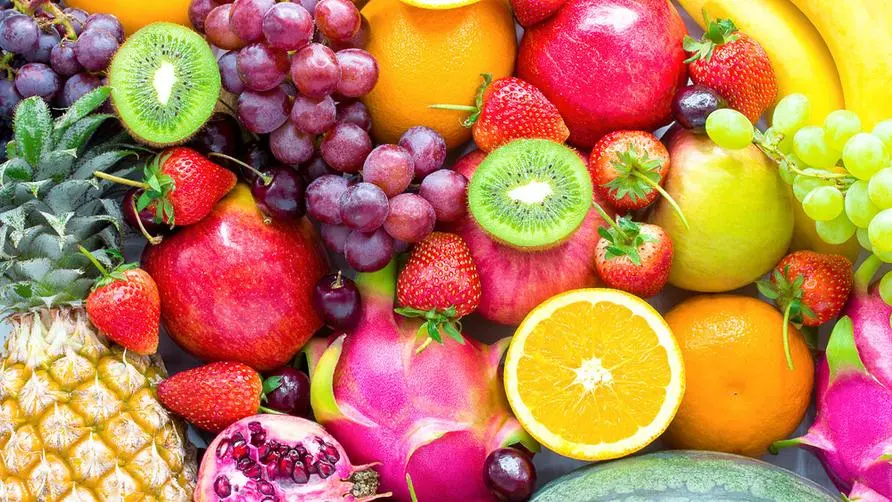A must-see if you love beauty and are afraid of edema! Nutritionist recommends "4 natural diuretics": You need to drink X cups of coffee to be effective
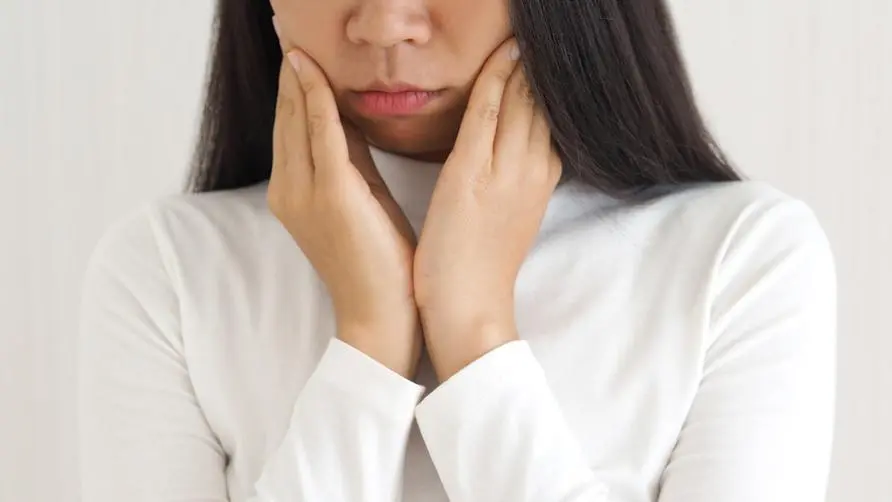
A must-read for women who love beauty but are afraid of edema! 4 kinds of “natural diuretics” help eliminate excess water
The “edema problem” often troubles many women who love beauty. In fact, through improvement of eating habits, edema can be significantly alleviated? Nutritionist Cheng Hanyu pointed out in a social post that hormonal changes, poor metabolism, allergies, and too little exercise in women during their menstrual period are all related to edema. It is recommended to adjust your daily diet so that “natural diuretics” can help the body eliminate excess water and balance the sodium content in the body.
Nutritionist Cheng Hanyu pointed out that people can pay more attention to the following four categories of foods, which can help eliminate edema:
Diuretic drinks. Nutritionist Cheng Hanyu explained that people often ask if they want to rely on coffee to reduce edema. How much do they need to drink to achieve the effect? Research has found that it is recommended to consume 2-3 cups of coffee (about 250-300 mg of caffeine), which has a certain diuretic effect. In addition, the caffeine content in tea drinks such as green tea and black tea also has a mild diuretic effect. Those who are not accustomed to drinking tea will experience more obvious effects. Beverages such as soy milk and hibiscus tea are rich in potassium ions. If you are prone to edema, you may want to try them.
High potassium foods. If you want to eliminate sodium and reduce edema, “potassium” is one of the indispensable elements. Nutritionist Cheng Hanyu pointed out that potassium can help maintain body fluid balance and reduce water retention in the body. The body’s sodium balance also prevents fluid accumulation and puffiness, as well as increased urine production. It is recommended to consume more bananas, kiwi fruits, tomatoes, water spinach, etc.
Foods high in magnesium. Nutritionist Cheng Hanyu explained that magnesium participates in the functions of more than 300 body enzymes and contributes to the normal metabolism of the body. Sufficient magnesium can also help reduce edema. Some studies have also found that magnesium supplements (about 250 mg) are effective in reducing symptoms of premenstrual syndrome (PMS), including bloating and edema. High-magnesium foods such as green vegetables, 85% dark chocolate, cashews, and seaweed are recommended.
Vitamin B6. Vitamin B6 is a water-soluble vitamin that can regulate body fluid balance and help reduce edema. Foods rich in vitamin B6 such as kelp, chicken, seafood, and tofu skin.
Will eating too much of these foods lead to edema? Nutritionist: Avoid processed foods, soups, and dips
Nutritionist Cheng Hanyu also calls for avoiding high-sodium foods such as bacon, high-sodium dips, and soups (such as hot and sour soup, beef soup) in life. If the diet is too heavy, or excessive high-sodium diet is taken, the sodium in the food will combine with the water in the body, which will easily increase the concentration of extracellular sodium ions. The body will absorb a large amount of water, causing body swelling, edema, and even edema. The problem of elevated blood pressure.
In addition, refined carbohydrates such as bread, which often have added sugar and less dietary fiber, can cause rapid spikes in blood sugar and insulin. A hyperinsulinemic state may increase renal absorption, leading to greater sodium retention and an increased risk of edema.
Nutritionist Cheng Hanyu emphasized that edema is different from obesity. It is the accumulation of excessive fluid in the tissue spaces outside blood vessels. The appearance is manifested as obvious depressions when pressing the fingers on parts with little subcutaneous tissue, such as the front of the calf and ankle, or Swelling of the face, slight stiffness of the joints, large fluctuations in weight, etc. may all be symptoms of edema. If the edema is too severe, it may indicate kidney disease, lymphatic system problems or infection. At this time, be sure to seek medical examination first, and the edema can be relieved through diagnosis and treatment.
Further reading:
